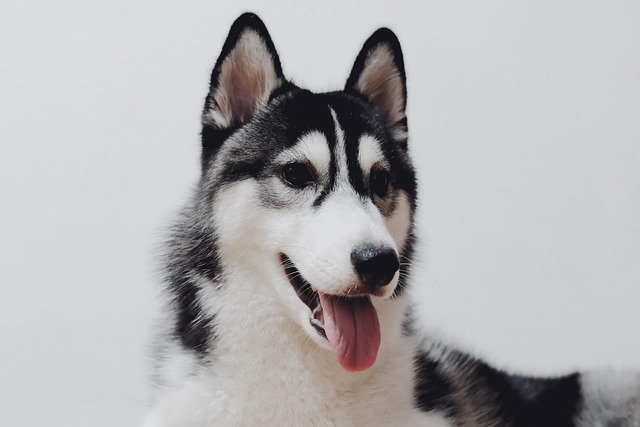
How do I get rid of my dog's smelly breath?
If your beloved dog has developed a less-than-pleasant odor coming from their mouth, you're probably wondering how to address this issue.
When night falls, many dog owners may notice their well-behaved, calm pups suddenly becoming restless, barking excessively, or even engaging in destructive behaviors like chewing furniture or inappropriate elimination. These nighttime behavioral issues not only disrupt owners' rest but also leave the pets themselves trapped in anxiety. To understand this phenomenon, we need to examine it from multiple perspectives—physiological, psychological, and environmental—while also approaching their emotions and needs with empathy.
Dogs' nighttime misbehavior often stems from their biological clocks and innate instincts. Although modern domesticated dogs have adapted to human schedules, they retain some genetic traits from their wolf ancestors. Wolves are crepuscular, most active at dawn and dusk, and this tendency remains pronounced in certain breeds. If your dog becomes overly excited or alert at night, its instincts may be driving it to stay highly sensitive during these hours. Additionally, insufficient daytime exercise and mental stimulation can lead to pent-up energy that erupts at night as chewing, pacing, or unexplained barking.
Separation anxiety is another common trigger. Many dogs form intense attachments to their owners, and as nighttime routines begin—such as owners retreating to bed—they may grow anxious when left alone. This is especially true for dogs accustomed to constant daytime companionship but isolated in another room at night. Whimpers can escalate into persistent barking or destruction as the dog tries to regain attention and soothe its distress. Punishment often backfires here, worsening the anxiety. Instead, gentler approaches—like gradual independence training or pre-sleep calming interactions—can help them adjust.
Environmental changes or discomfort may also spark nighttime issues. Dogs' senses are far sharper than humans'; subtle sounds like distant car horns, neighbors moving around, or even the hum of appliances can feel threatening. Discomfort in their sleeping area—whether from temperature extremes, poor bedding, or a lack of security—can also trigger restless behavior. Some dogs, particularly in unfamiliar or dimly lit spaces, may struggle with poor night vision, heightening fear. Simple adjustments like orthopedic beds, climate control, or a nightlight can dramatically improve their rest.
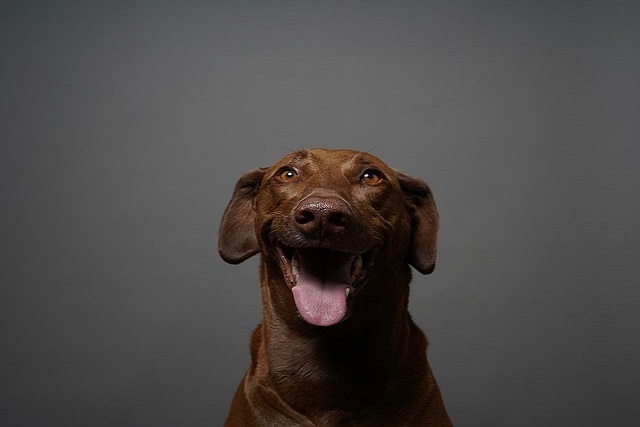
Underlying health problems shouldn’t be overlooked. Senior dogs with cognitive dysfunction (similar to dementia) may show nighttime confusion, vocalizing, or aimless wandering. Painful conditions like arthritis or gastrointestinal upset can also make it hard to settle. Sudden behavioral changes, especially paired with appetite loss or lethargy, warrant a veterinary visit to rule out medical causes.
Finally, inconsistent training or management can perpetuate problems. Puppies not taught proper sleep habits, or dogs inadvertently rewarded for barking (e.g., by receiving attention), learn to repeat the behavior. Establishing routines, providing daytime enrichment, and using positive reinforcement—not punishment—are key to lasting improvement.
Understanding nighttime misbehavior requires both science and heart. Dogs don’t act out without reason; each action may signal unmet needs or unspoken unease. As owners, our duty isn’t just correction but attentive companionship. When we patiently identify the root causes and respond with kindness, the night will quieten, and our dogs will drift into secure, peaceful sleep.

If your beloved dog has developed a less-than-pleasant odor coming from their mouth, you're probably wondering how to address this issue.
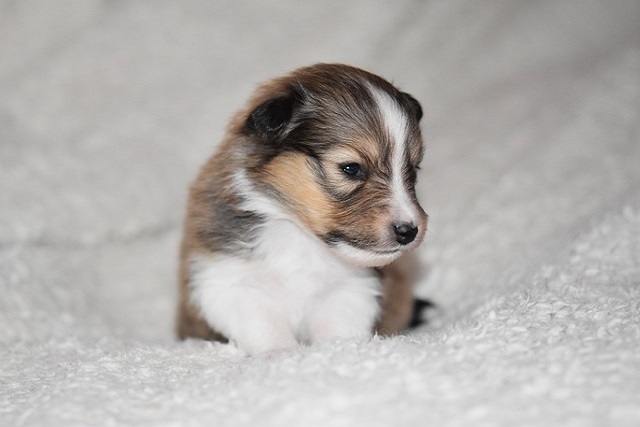
When you see other people’s Toy Poodles prancing around like walking cotton balls—their fluffy, soft curls bouncing with every step—while your own pup’s coat lies flat and lifeless,

When your Husky wags its tail and bounds toward you, ready for a hug, only to be met with an overpowering odor that makes you recoil,
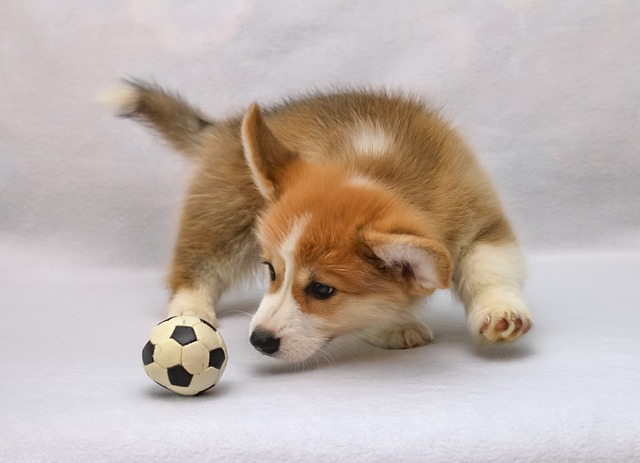
In the living room late at night, the table lamp casts a gentle halo in the corner. Your dog is curled up in a furry nest, and his belly rises and falls gently with his breathing.
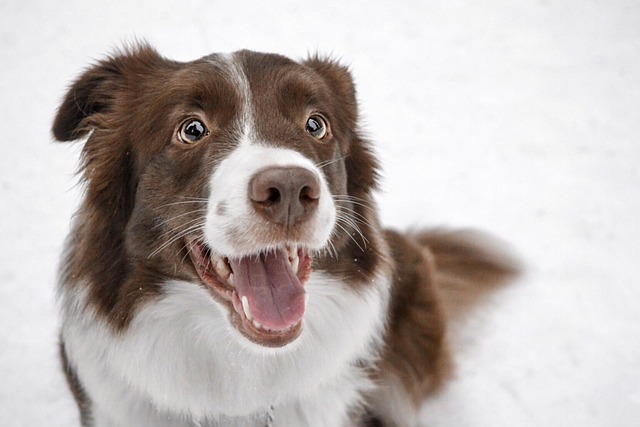
In the eyes of these fluffy little beings, every moment of putting on a leash signifies a new adventure. When owners stand by the door holding the leash, dogs always wag their tails excitedly, full of anticipation for the upcoming walk.
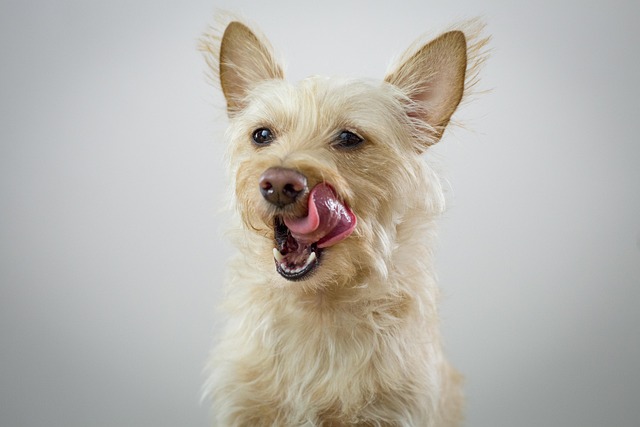
Samoyed's pure white fur, like the purest snowflakes in winter, is their most proud feature. However, when these snow-white hairs start to turn yellow,